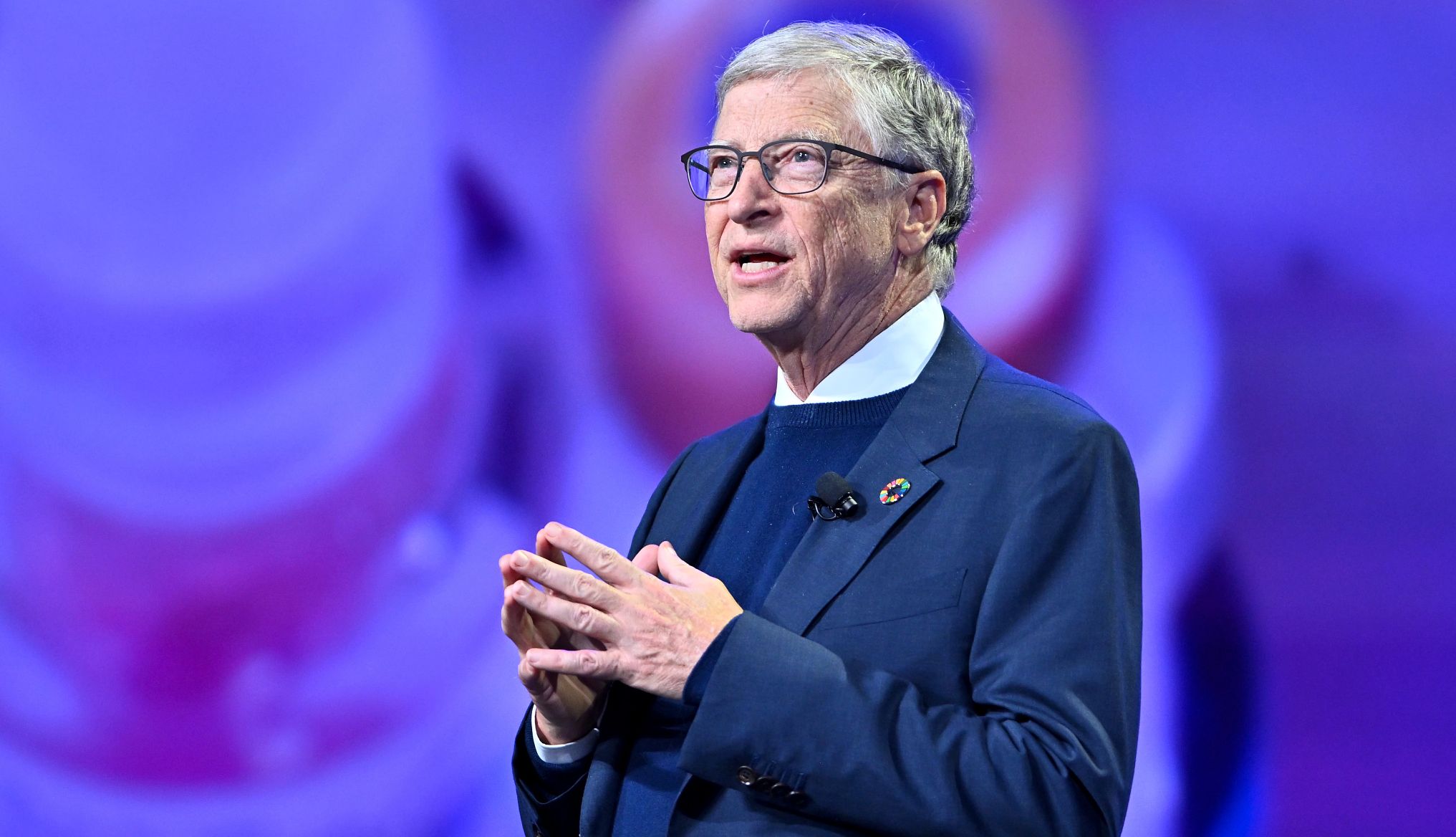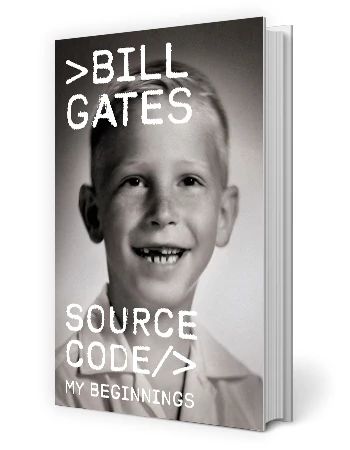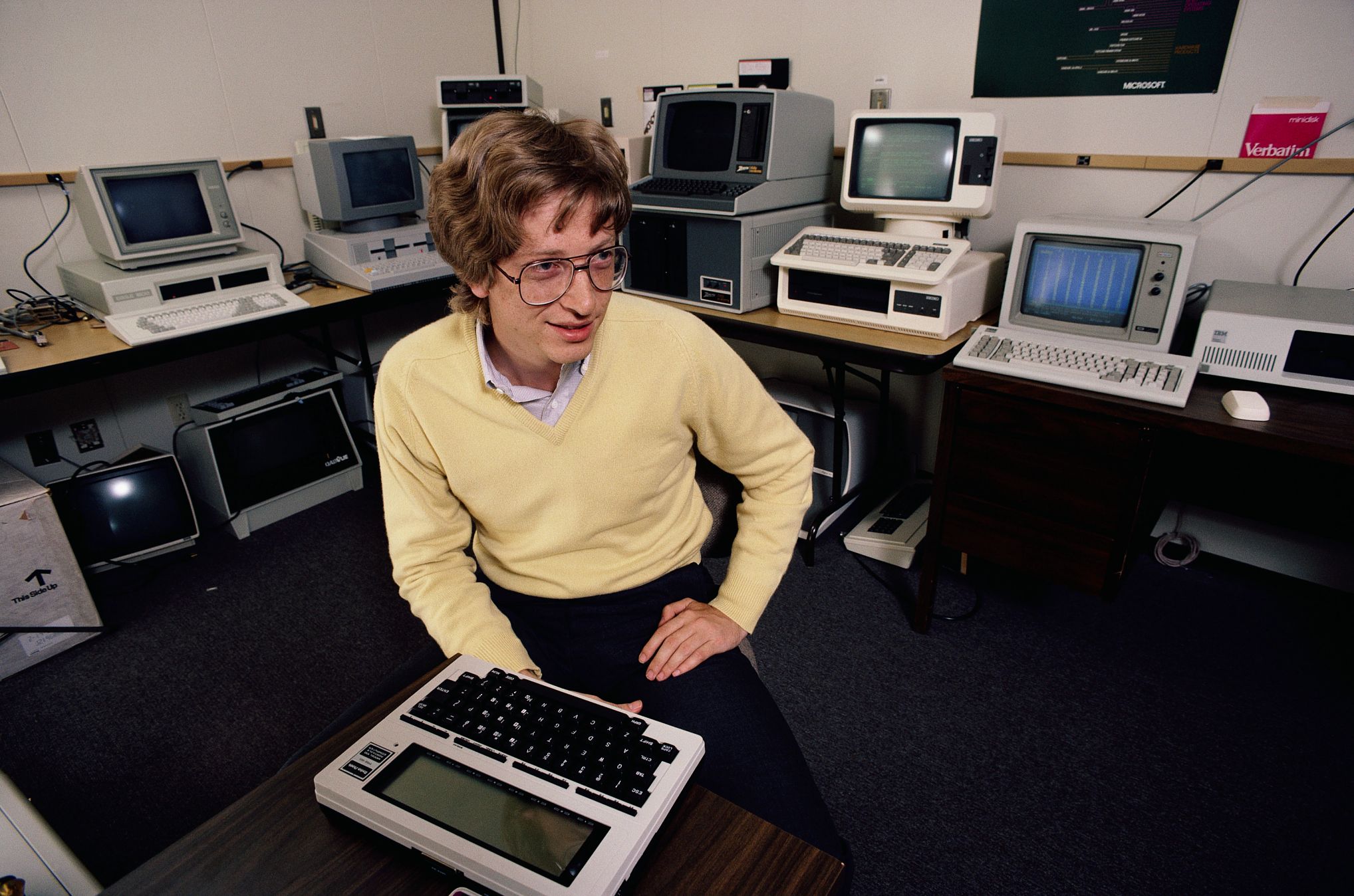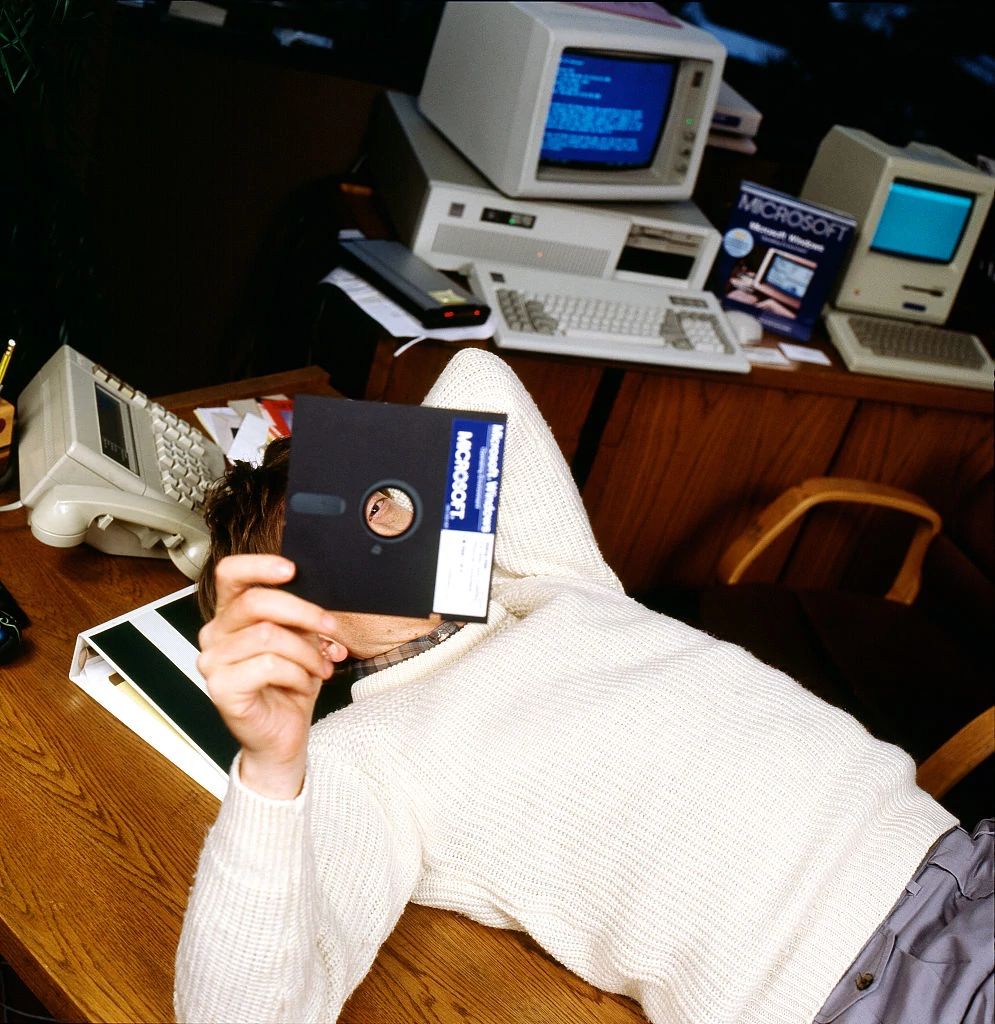AARP Hearing Center


In his engaging new memoir, Source Code (out Feb. 4), Microsoft cofounder Bill Gates, 69, tells his remarkable origin story, from childhood through the beginnings of Microsoft, which he cofounded with Paul Allen back in 1975 at age 19 (he's planning to write two more volumes, detailing his later years). The book is fascinating, not just because the reader is conscious that this nerdy, precocious kid would grow up to be one of the most influential businessmen and philanthropists in the world, but because it parallels and intersects with the story of the personal computer, whose rise was shaped by Gates and his pals’ radical idea: that the magic of computing was in the software, not the hardware.
We talked to Gates about his beginnings, thoughts on aging, and hopes (and fears) for the future.
What motivated you to write your memoir now?


Microsoft’s now 50 years old, and still going strong, amazingly. So I’ve been thinking back, how did Microsoft happen? I think I owe a lot to the time I was born, having the parents I had. ... It’s kind of a fun story: Growing up in the place I did [Seattle] and at the time I did was pretty fantastic.
Sounds like you were a challenge for your parents as a kid.
I was pretty much questioning rules as kind of arbitrary. Who came up with these rules, you know? It was mostly when I was 10 to 12, when I would challenge my parents’ thinking — even though, in retrospect, they were quite amazing parents. My dad actually wrote a book called Showing Up for Life. And his values, his approach, were pretty amazing. And my mom was ambitious for me, which both bothered me and helped me. I didn’t want to do things just to vindicate her. But then I kind of did. So she and I had some tension. Even when I was starting Microsoft, she was still sort of acting like I was living at home.
Do you think you might have been diagnosed as being on the spectrum if you were a kid today?
My social skills, particularly with peers, were a little slower to develop, and I did kind of get obsessed with things. But I probably would have been diagnosed with ADHD, just because of my intensity and energy. I remember in grade school, there was one teacher who said I should skip a grade, and then another teacher told me I should be held back a grade. So I was like, Wow, these adults cannot make up their mind about what to do with me.








































































You Might Also Like
Melinda French Gates, 60, on Life, Divorce and ‘The Next Day’
The philanthropist talks to AARP about how she learned to cope during tough times and what brings her joy
Stanley Tucci’s Plate Is Full
Actor’s new book, ‘What I Ate in One Year,’ ponders the role that food plays in our lives13 Surprising Things We Learned From Lisa Marie Presley’s Memoir
‘From Here to the Great Unknown’ reveals the pain and strangeness that defined the Presley family